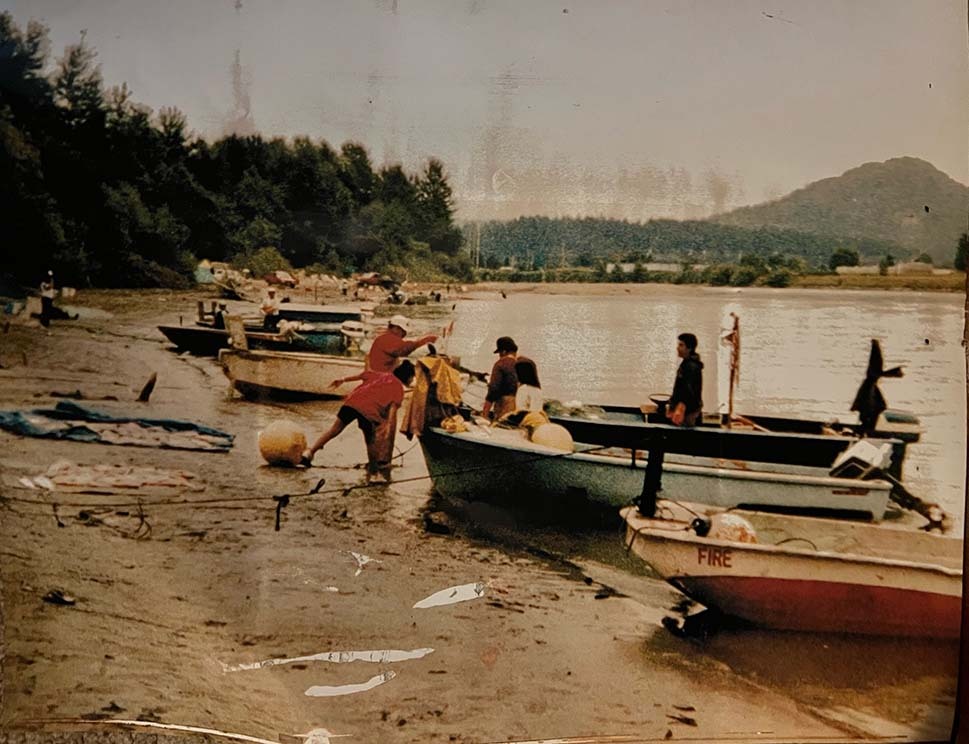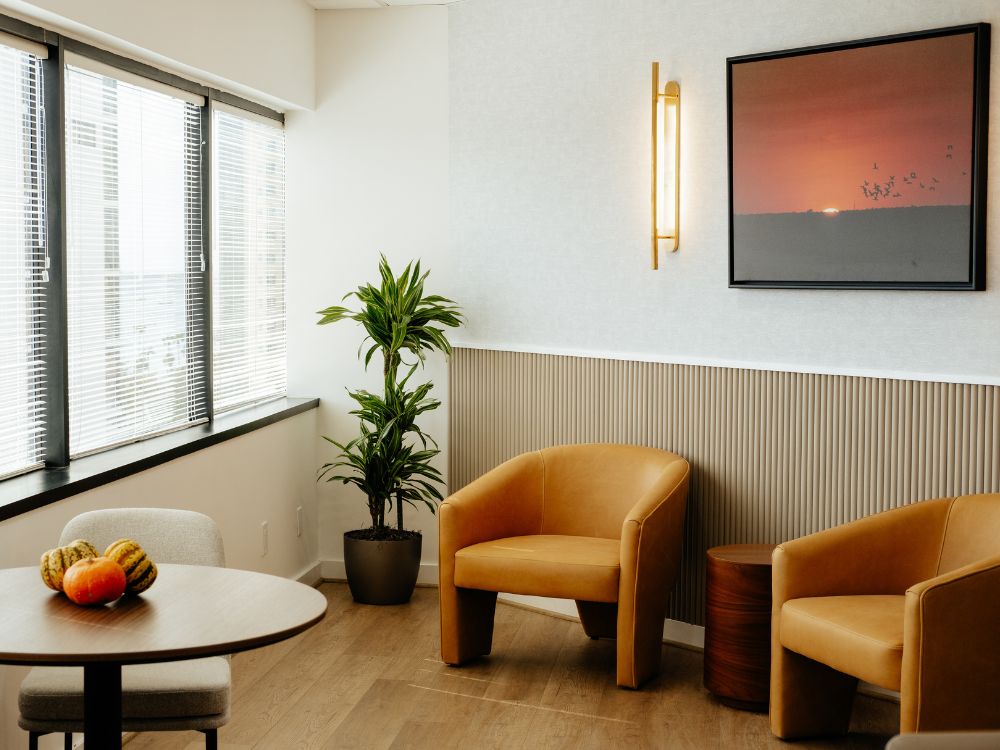Appellate and Indian Law Attorneys File Ninth Circuit Opening Brief on Behalf of Sauk-Suiattle Indian Tribe’s Treaty Fishing Rights in United States v. Washington
The Appellate and Indian Law Groups at mctlaw have filed an Opening Brief before the Ninth Circuit on behalf of the Sauk-Suiattle Indian Tribe of the State of Washington. The issue on appeal is whether the Sauk-Suiattle have treaty fishing rights in the Skagit River.
The 1855 Treaty of Point Elliott guaranteed all of the tribal signatories the right to fish at their “usual and accustomed grounds and stations …” In 1974, Judge Boldt of the U.S. District Court for the Western District of Washington issued the first in a series of groundbreaking decisions in U.S. v. Washington that interpreted the Indian treaties of Washington and determined—to a significant degree—the location of each signatory tribe’s usual and accustomed (“U&A”) fishing areas.
Judge Boldt’s decision followed 17 days of trial testimony by expert anthropologists, fisheries biologists, and other witnesses, and the opinion contained 253 findings of fact, with separate sections dedicated to the findings for each of the signatory tribes. Regarding the Sauk-Suiattle, Judge Boldt determined that: “The Sauk-Suiattle Tribe is composed primarily of the descendants of the Sakhumehu and other Indians who lived on the upper reaches of the Skagit River in 1855.” Furthermore, he found: “A Sakhumehu village was located at the confluence of the Sauk and Skagit Rivers.” Finally, the expert witness materials that Judge Boldt cited to support his opinion concluded that the Sauk-Suiattle lived, fished and traveled on the Skagit River.
In a separate finding of fact, however, Judge Boldt omitted the Skagit River from a list of the Sauk-Suiattle U&A, stating: “The usual and accustomed fishing places of the Sauk River Indians at the time of the treaty included Sauk River, Cascade River, Suiattle River and [nine minor creeks].” Judge Boldt did not explain why this list did not include the Skagit River, which was especially odd, given that his prior findings recognized the Sauk-Suiattle’s historic link to the Skagit. The omission is made even more curious by the fact that the Sauk and Cascade rivers—two of the tributaries he identified as Sauk-Suiattle U&A—are connected only by the Skagit River. In treaty times, the Sauk-Suiattle would have accessed the Cascade River by using their canoes to travel up the Skagit River, fishing in the Skagit as well as the Cascade.
The Sauk-Suiattle have always interpreted the Boldt decision as recognizing their historical connection to the Skagit River, and as being sufficient to consider the Skagit River within their U&A, and they have maintained fishing practices there. Prior to 2020, in the spirit of intertribal cooperation, the Sauk-Suiattle agreed to limit themselves to a disproportionately low percentage of the harvestable tribal allocation. In 2020, however, the Sauk-Suiattle decided that they would no longer accept second-class status on the Skagit River and decided to exercise their full treaty rights. The Upper Skagit Indian Tribe challenged the Sauk-Suiattle’s fishing regulations in federal district court. In October 2021, the court granted summary judgment to the Upper Skagit, relying primarily on the fact that the Skagit River does not appear on Judge Boldt’s list of Sauk- Suiattle U&A.
“The opening brief demonstrates the ambiguity of Judge Boldt’s decision on Sauk-Suiattle’s U&A. As the evidence shows the Sauk-Suiattle have traditionally lived, traveled, and fished the Skagit River, summary judgment in favor of Upper Skagit was unwarranted,” said Jennifer Maglio, the Director of mctlaw’s Appellate Group.
mctlaw’s Indian Law Group Manager, Jeffrey Nelson, says: “We are excited to have this opportunity to work with our incredible appellate practice team and deliver top-level appellate representation to a very deserving tribal client.”
The Tribe filed a Notice of Appeal in November 2021, and today it is filing its Opening Brief. The Upper Skagit and Swinomish Tribes will have an opportunity to file an Answering Brief, followed by an opportunity for the Sauk-Suiattle to file a Reply. Oral argument is expected to follow the briefing schedule.
About the Sauk-Suiattle Tribe
The attorneys at mctlaw are proud to represent the Sauk-Suiattle Indian Tribe. The Sauk-Suiattle Indian people have lived for many generations as fishermen, gatherers and hunters in the region of Sauk Prairie and near the present-day towns Darrington, Marblemount and Rockport, Washington. They were closely associated with their rivers, plying the swift waters of the Sauk, Suiattle, Stillaguamish, Cascade and Skagit Rivers in their canoes.



